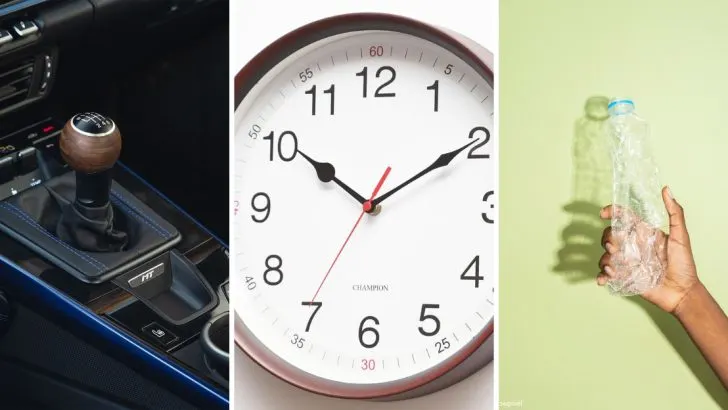As technology continues to evolve at a breakneck pace, many aspects of our daily lives are rapidly changing. Innovations are reshaping industries, altering habits, and redefining the tools we use.
What was once indispensable often becomes irrelevant as new solutions emerge. In the next decade, several familiar technologies, products, and practices are predicted to fade into obsolescence, giving way to more advanced, efficient, or sustainable alternatives.
This list explores 9 things likely to become outdated in the next ten years, offering a glimpse into how our future might look and what shifts we can expect in our modern world.
Physical Wallets
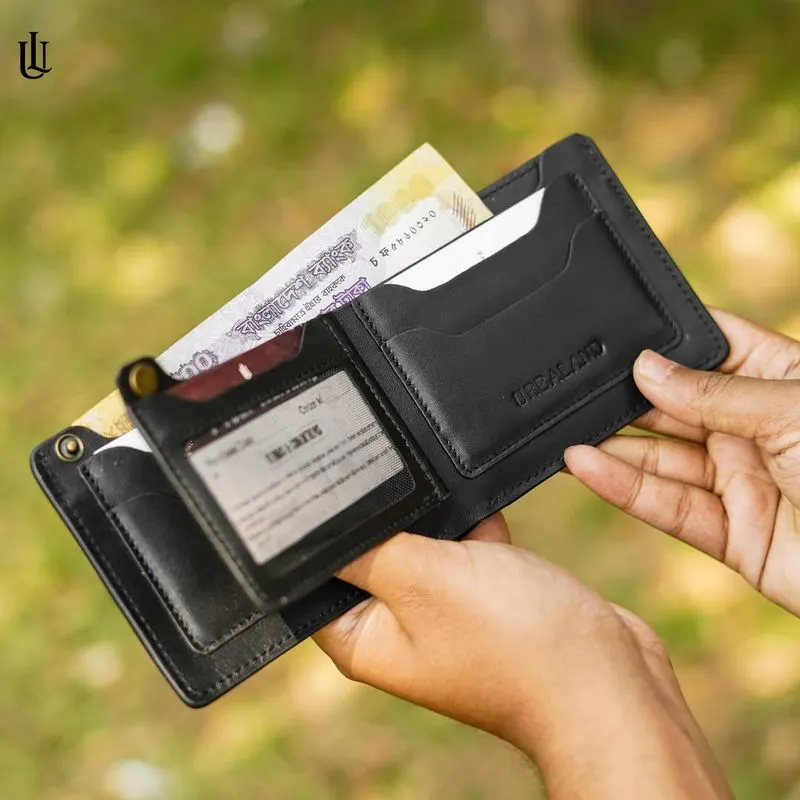
As digital payments become the norm, carrying cash is becoming less common. With the rise of mobile payment solutions like Apple Pay and Google Wallet, the need for a physical wallet is dwindling. The convenience of paying with just a smartphone or smartwatch is undeniable.
Moreover, digital IDs and licenses are on the horizon, further reducing the necessity for traditional wallets. Biometric security enhancements add a layer of safety to these transactions, ensuring peace of mind.
As society leans towards a cashless reality, wallets may soon become relics of the past, replaced by sleek digital alternatives.
Remote Controls
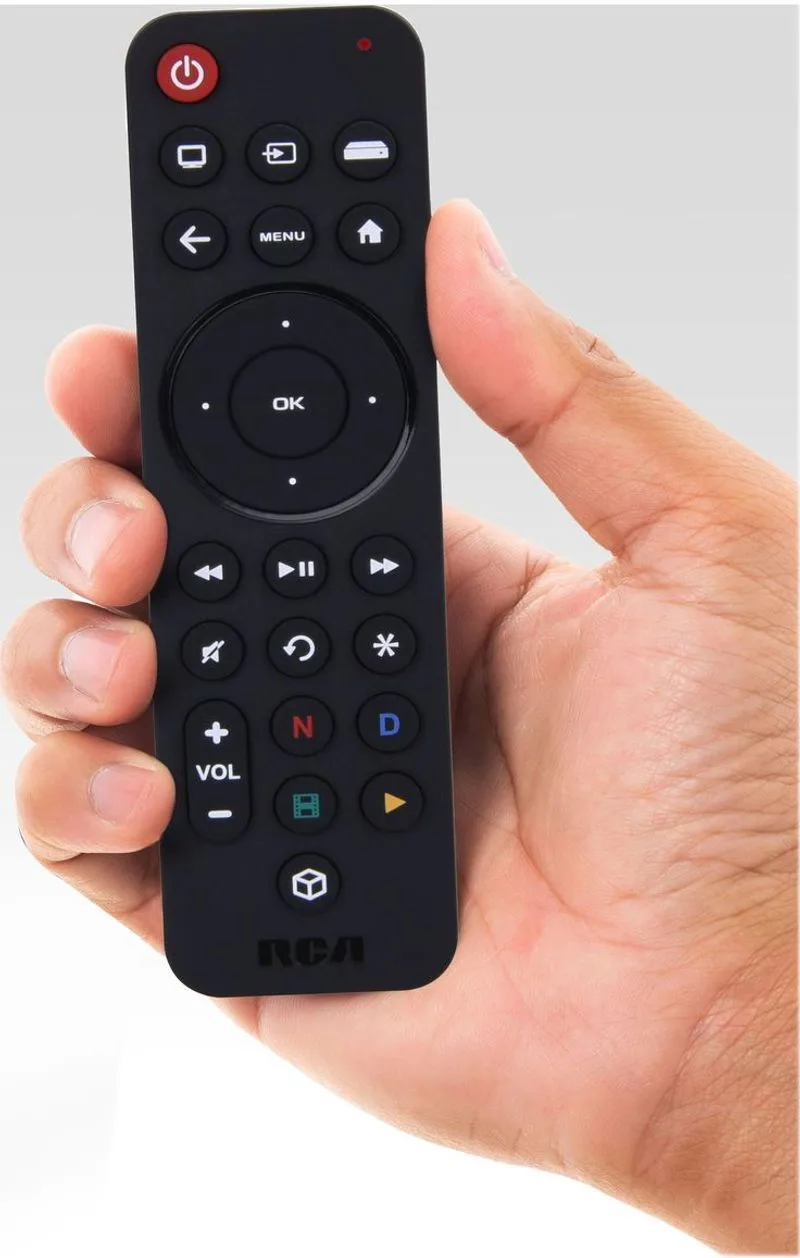
In an age of voice assistants and smart home technologies, clunky remote controls are losing their relevance. Devices like Amazon Echo and Google Home allow users to control TVs, lights, and more with simple voice commands.
The integration of smart technology offers a seamless and interactive experience, eliminating the need for multiple remotes. Users can enjoy a clutter-free living space with all controls at their fingertips.
As homes become smarter, remote controls may become a thing of the past, replaced by intuitive, voice-controlled interfaces that simplify our lives.
Plastic Bottles

Environmental concerns are steering us away from single-use plastics, with plastic bottles being a prime target. The push for sustainability is prompting a shift towards reusable and biodegradable alternatives.
Governments and organizations are implementing bans and encouraging the use of eco-friendly materials. Innovations in packaging, such as edible and compostable bottles, are emerging as viable solutions.
As awareness grows about the detrimental impact of plastic waste, it’s expected that plastic bottles will be phased out, replaced by sustainable alternatives that support a healthier planet.
Cable TV
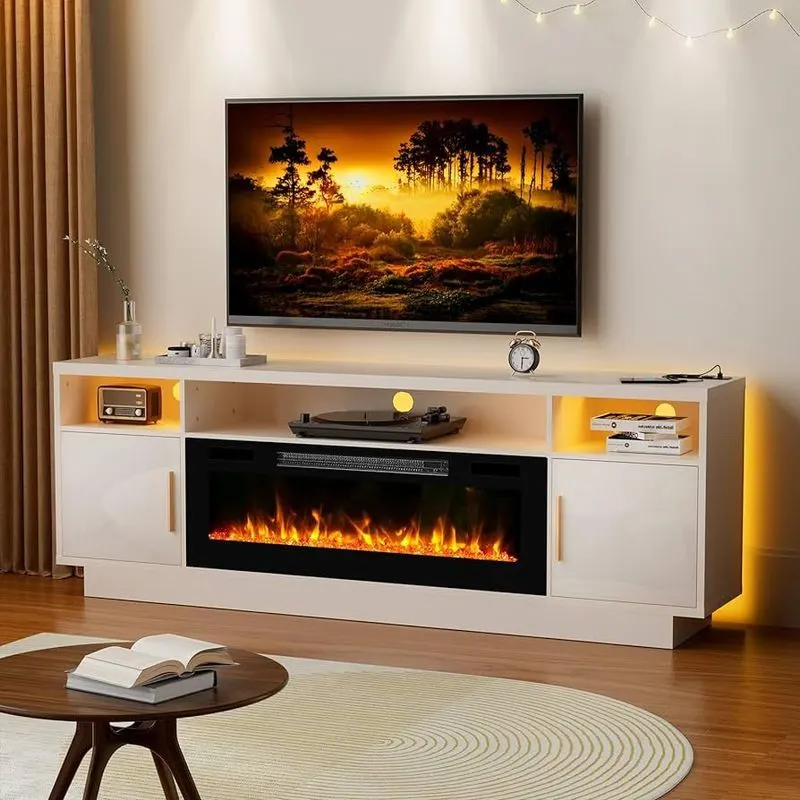
Streaming services have revolutionized how we consume media, making traditional cable TV less appealing. Platforms like Netflix, Hulu, and Disney+ offer on-demand content at competitive prices.
With the flexibility to watch shows anytime and anywhere, viewers are gravitating towards these modern options. The range of available content and the convenience of personalized viewing experiences add to their appeal.
As more consumers cut the cord, cable TV’s relevance is waning, paving the way for streaming services to dominate the entertainment landscape.
Landline Phones
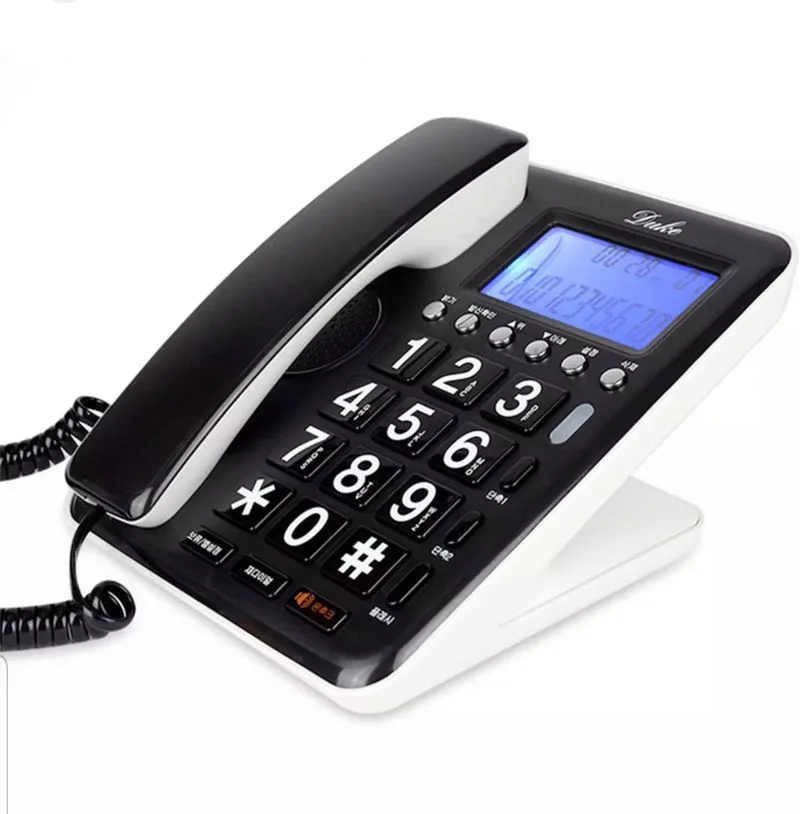
With the ubiquity of mobile phones, landlines are gradually becoming obsolete. The convenience of having a portable communication device outweighs the need for a stationary phone.
Mobile phones offer a wide range of functionalities, from messaging apps to video calls, which traditional landlines cannot match. As technology advances, the gap continues to widen.
In the coming years, it’s likely that landline phones will disappear from households, overtaken by versatile smartphones that keep us connected at all times.
Manual Transmissions

The manual transmission’s popularity is dwindling as automatic transmissions become more efficient and user-friendly. Modern automatics offer seamless gear changes and enhanced fuel economy.
With fewer people learning to drive manuals, car manufacturers are shifting their focus to automatic vehicles. This trend is particularly evident in electric cars, which typically don’t require traditional transmissions.
As driving preferences evolve, manual transmissions may soon become a rarity, replaced by automatic systems that cater to modern drivers’ needs for convenience and efficiency.
DVDs and Blu-rays
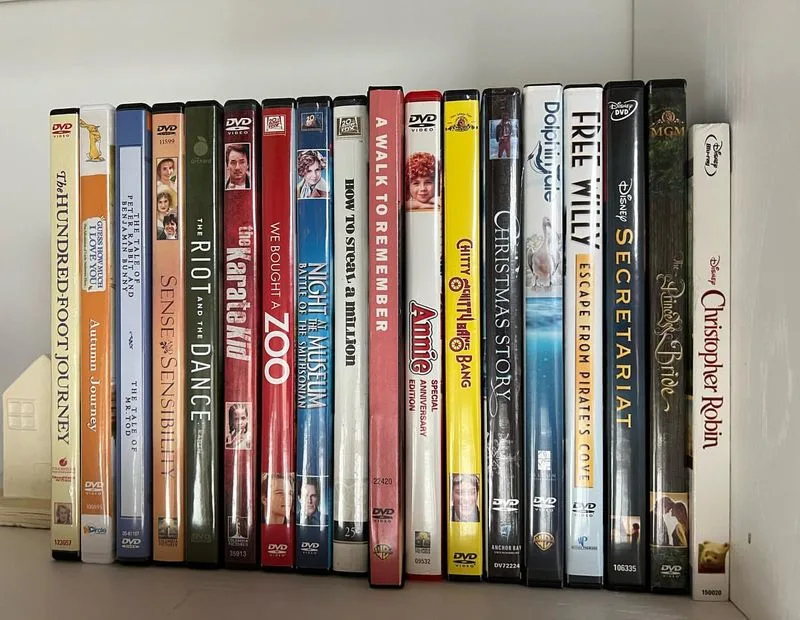
Physical media like DVDs and Blu-rays are losing ground to digital streaming. The ease of accessing vast libraries of content online has diminished the appeal of owning physical copies.
Streaming platforms provide convenience and space-saving solutions, allowing users to enjoy their favorite movies and shows without clutter. As internet speeds and streaming quality improve, the shift intensifies.
In the foreseeable future, DVDs and Blu-rays may become collector’s items, replaced by the digital convenience of streaming services that cater to instant gratification.
Analog Clocks
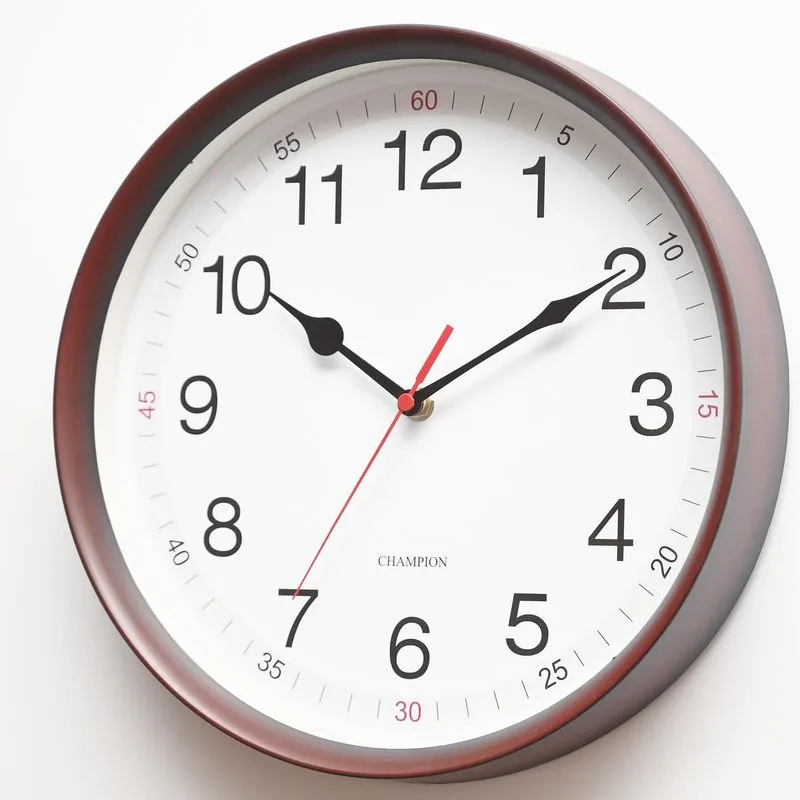
Digital timekeeping devices are phasing out traditional analog clocks. Smartwatches and digital clocks offer precise timekeeping and additional features like alarms and notifications.
The trend towards modern, multifunctional devices is leading to a decline in the use of analog clocks. People are opting for gadgets that integrate seamlessly with their digital lives.
As the world becomes more digital, analog clocks may be relegated to decorative pieces, overshadowed by their digital counterparts that offer both style and functionality.
Fax Machines
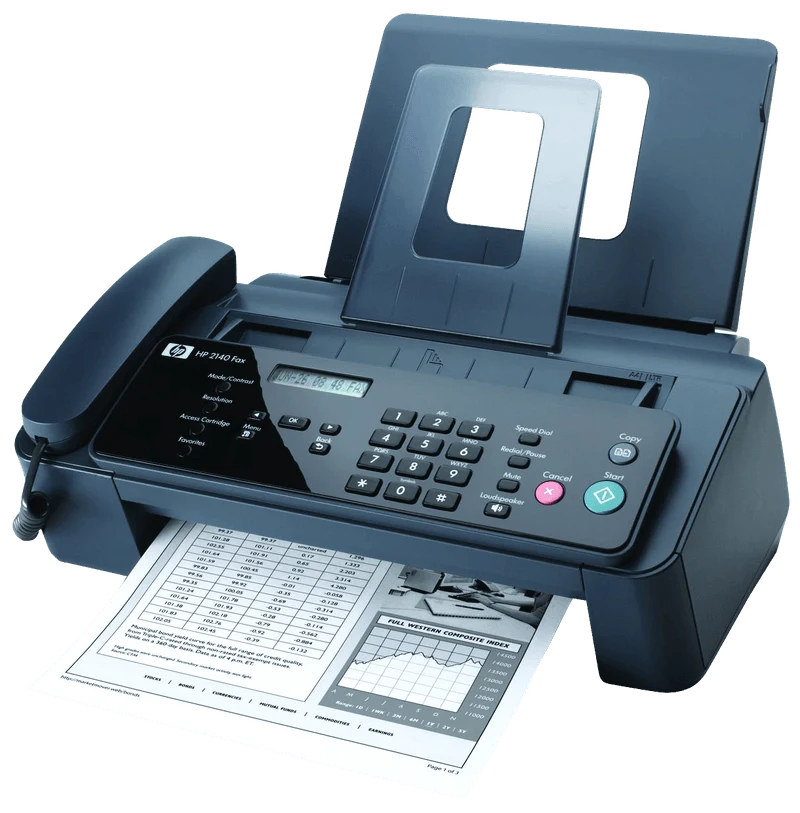
In a digital age where email and instant messaging prevail, fax machines are becoming relics. The ease and speed of electronic communication have rendered traditional faxing cumbersome.
Businesses are transitioning to digital document solutions, which offer more efficiency and less paper waste. As security technology improves, digital communication becomes safer and more reliable.
With the decline in demand for fax services, these machines may soon become obsolete, replaced by faster, eco-friendly digital alternatives that streamline business operations.

